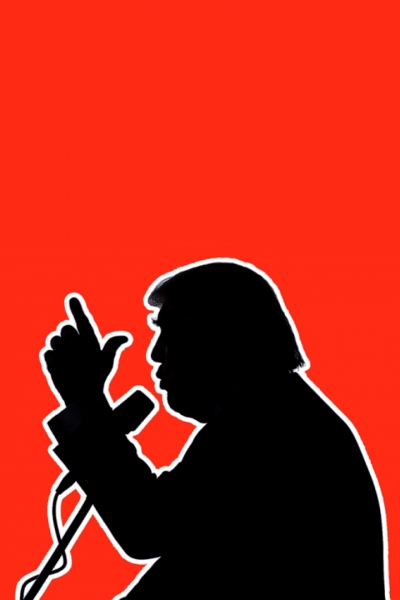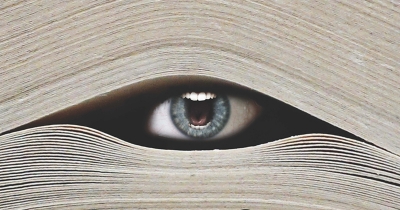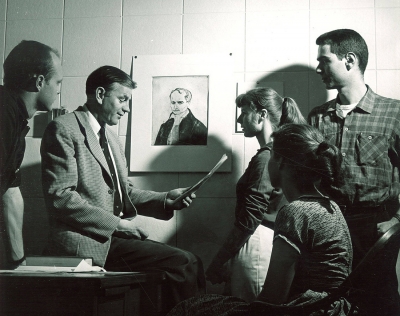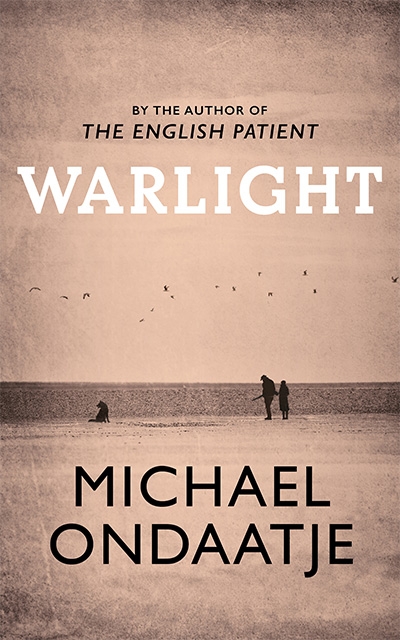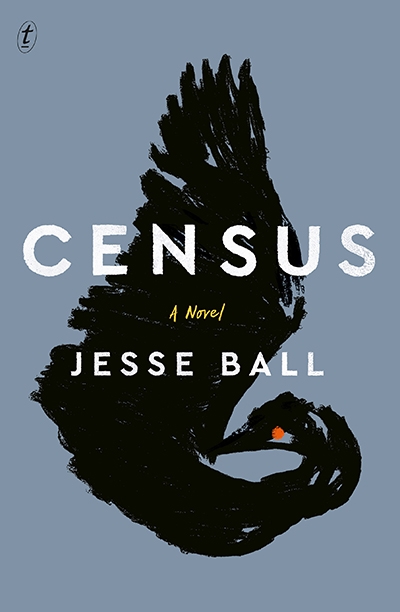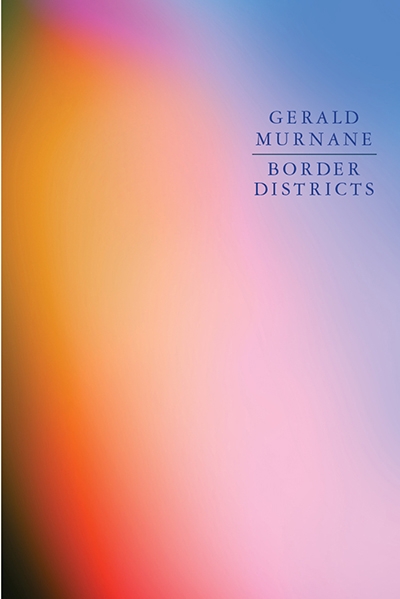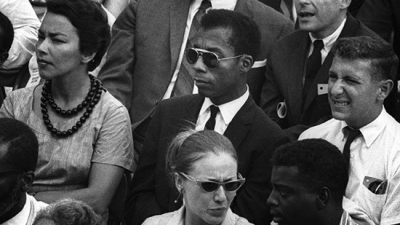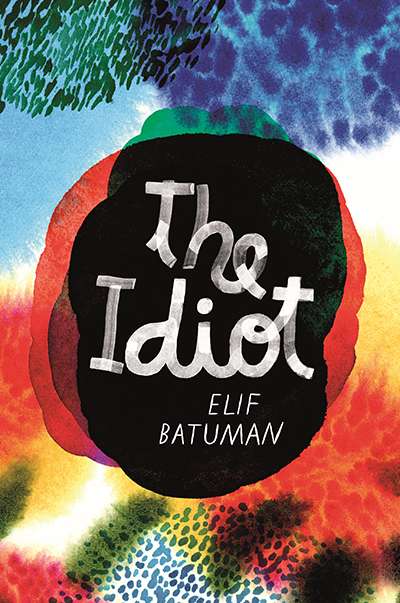Beejay Silcox
Beejay Silcox is an Australian writer and critic, and the recipient of ABR’s Fortieth Birthday Fellowship. Her literary criticism and cultural commentary regularly appears in national arts publications, and is increasingly finding an international audience, including in the Times Literary Supplement, The Guardian and The New York Times. Her award-winning short stories have been published at home and abroad, and have been selected for a number of Australian anthologies.
‘Ours is indeed an age of extremity. For we live under continual threat of two equally fearful, but seemingly opposed, destinies: unremitting banality and inconceivable terror. It is fantasy, served out in large rations by the popular arts, which allows most people to cope with these twin spectres.’
Susan Sontag, ‘The Imagination of Disaster’ (1965)
Inspirational Memoirs, Painful ... (read more)
‘Creative writing is, in sum, as American as baseball, apple pie and homicide.’
Mark McGurl, The Program Era (2009)
My rejection from the Iowa Writers’ Workshop arrived by mail. Iowa was steadfastly old-fashioned: there were no online portals or login codes at the near-mythical mothership of American fiction; no emails or text alerts. I only knew they had received my application because th ... (read more)
‘Only the best art can order the chaotic tumble of events. Only the best can re-align chaos to suggest both the chaos and order it will become.’
Michael Ondaatje, In the Skin of a Lion (1987)
In a cheerless London basement, a young man sifts through the bureaucratic detritus of World War II: ‘to unearth whatever evidence might still remain of actions that history might consider untoward’ ... (read more)
You have come to see a magic show. You arrive at the theatre, take your seat. Before the show begins, the magician steps onstage in his street clothes and explains what you are about to see; where the mirrors are hidden – every trapdoor, false bottom, and wire. When the lights go down, impossibly – even after everything you know – you don’t see the trickery, you see magic. Such is the stra ... (read more)
‘I think that in a time when everything seems to be the victim of the pursuit of the moment, to have a natural rhythm which is completely to the counter, is almost in-and-of-itself something of a statement.’
Jonathan Green
Moments began as medieval measures, the time it took for a sundial’s blade of shadow to shift – ninety seconds or so, depending on the season. A slice of sunlight. A m ... (read more)
‘I always dreamed that I would read a book that would be absolutely everything that I’ve wanted, and because I didn’t find that book, I wrote it myself. I don’t mean one particular book. I mean my collected works.’
Gerald Murnane (2015 interview)
There is a whiff of mythology about Gerald Murnane. He is quietly infamous for who he isn’t: for the things he’s never done (travel by ae ... (read more)
Humans are narrative creatures. We tell stories to make sense of ourselves, but our stories – be they historical, political, fictional, or personal – shape us as much as we shape them. In the service of narrative expediency, we often sacrifice nuance. We turn chance to prophecy, and accidents into choices. We justify and excuse ourselves. We anoint heroes and villains. As novelist Michelle de ... (read more)
Movie tickets cost five dollars at the Lyric Theatre in Blacksburg, Virginia. It’s an old gem – a distinctly American marriage of Art Deco and Spanish Colonial Revival. There are red velvet seats and oak banisters; the walls are lantern-lit, and lined with tapestries from the 1930s. Eight decades of popcorn butter is burned into the air. It’s less a theatre than a time machine.
The first ti ... (read more)
Email is a chimeric beast, an uneasy mix of intimacy and distance – unlimited time and space to say precisely what we mean, coupled with the unnerving promise of instant delivery. When it first arrived, email seemed to invite a new kind of writing – deliberate, earnest, vulnerable. We tried to sound smarter and wittier than we were, and it showed. The Idiot, Elif Batuman’s début novel, inha ... (read more)


